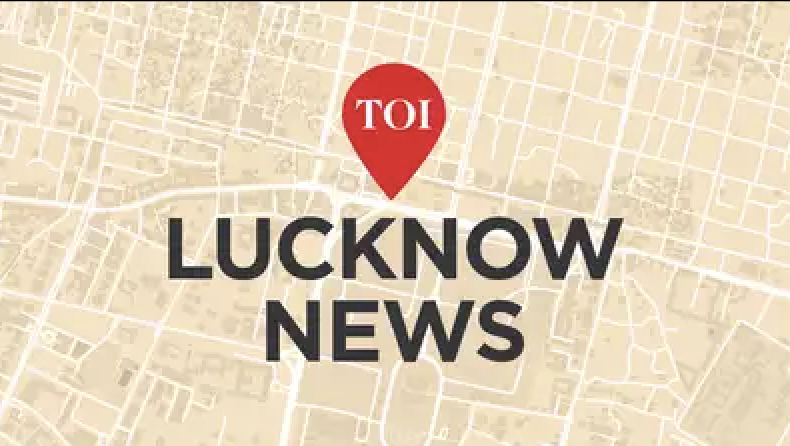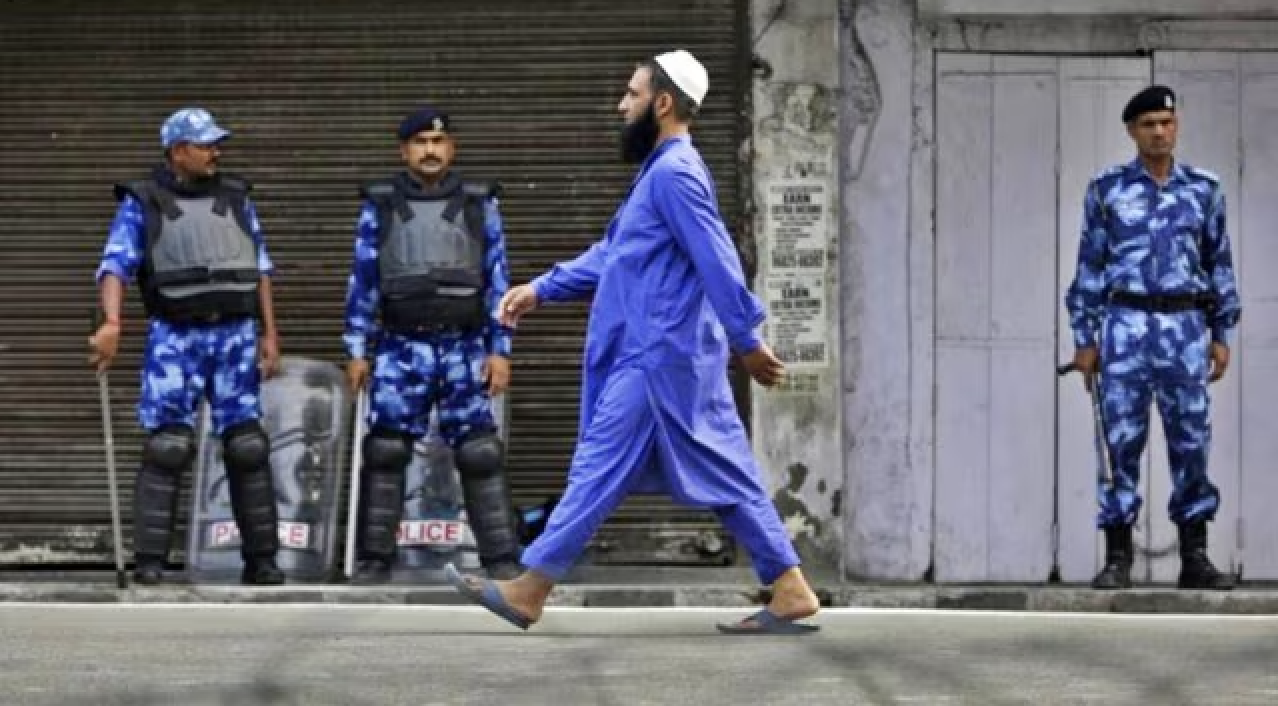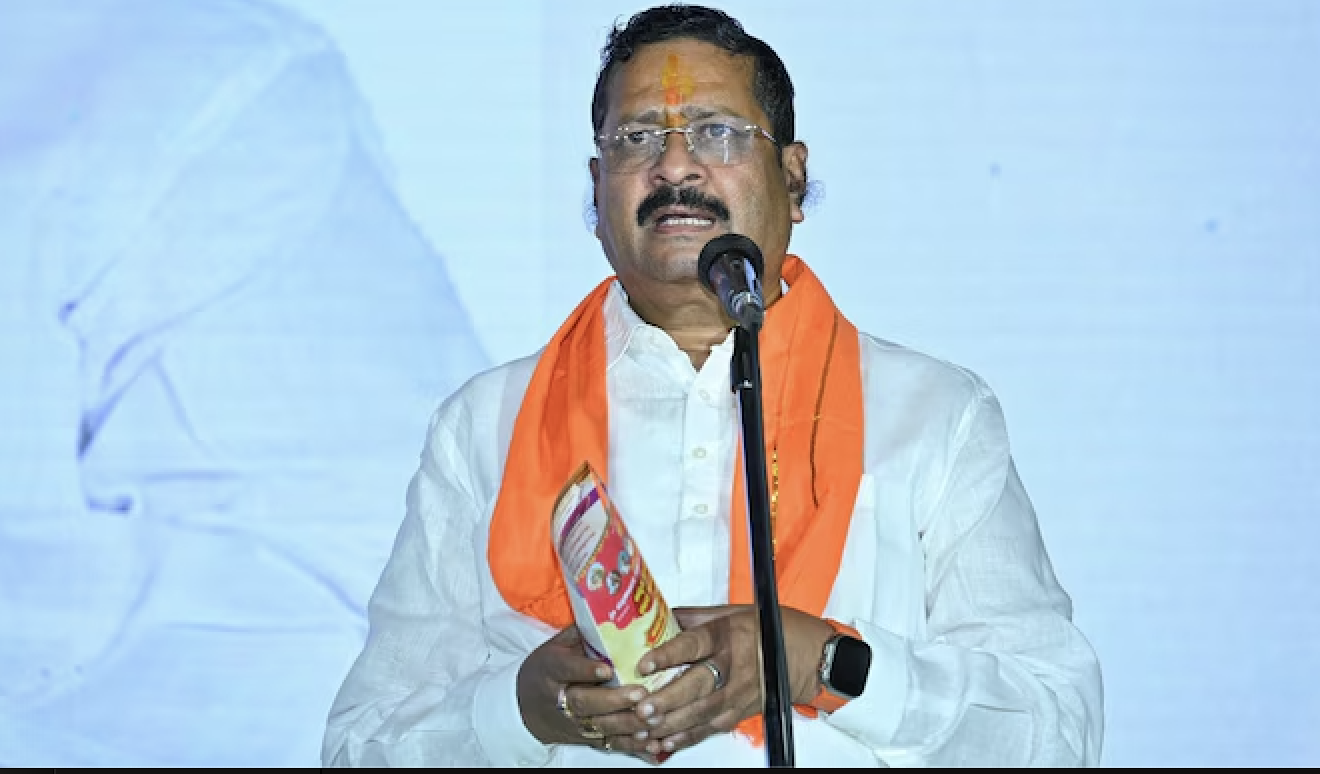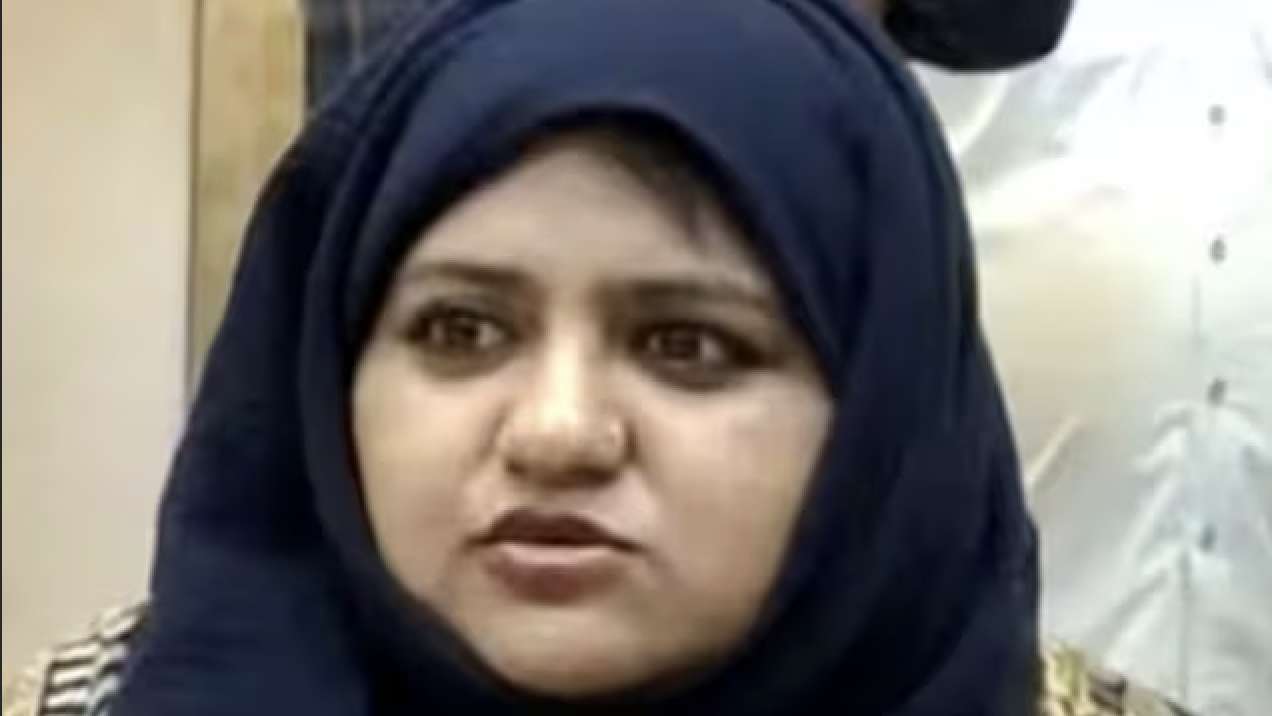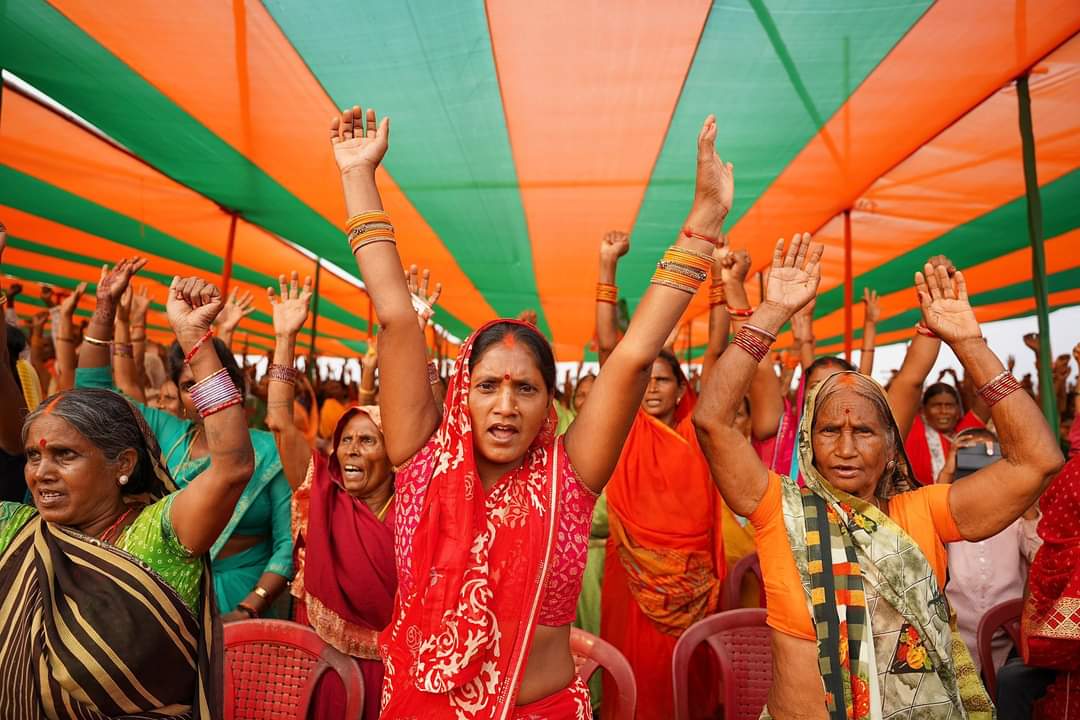
By Haritha John
For years, the Bharatiya Janata Party’s (BJP) electoral strategy in Jharkhand has centred on pitting the tribals who follow Sarna (a pagan belief system) against the Christian tribals. But since the last few months, the battle for Jharkhand’s vote has taken on a different tone. The ‘enemy’ is no longer the Christian tribals, but Muslims – many of whom have lived in the state for generations – over whom now hangs the suspicion of being ‘Bangladeshi infiltrators’.
As the Assembly Elections inch closer, the narrative of ‘Bangladeshi infiltration’ has begun to ripple through Jharkhand, pushed to the fore by the BJP, the largest opposition party in the state.
The narrative is neither new nor original—the BJP has used similar communal tactics in states like Assam and West Bengal to make electoral gains. The refrain of ‘illegal migration’ that gained currency in 2019 during discussions on the Citizenship (Amendment) Act (CAA) was heard in Jharkhand too, especially in the northeastern Santhal Pargana division. Yet, its percolation among the masses in other parts of the state is fairly recent, with many having heard of it only a month or two ago.
TNM spoke to several residents in Ranchi and Lohardaga districts, most of whom confirmed that they started hearing about ‘illegal Bangladeshis’ only recently. This was the result of the BJP’s aggressive campaign raising the slogan “Roti, Beti, aur Mati” (food, daughters, and land). The party succeeded to some extent in painting Muslims as those taking away resources, marrying non-Muslim women for property, and grabbing land from the rightful owners. The narrative has sparked unease and reshaped community dynamics ahead of the polls, which will be held in two phases on November 13 and 20.
In the 2019 Jharkhand Assembly elections, the Jharkhand Mukti Morcha (JMM) formed an alliance with the Congress and the Rashtriya Janata Dal (RJD), winning 47 of the 81 seats (30, 16, and 1 respectively). The BJP, which had won the elections in the previous term, secured 25 seats in 2019. The JMM formed the government led by Chief Minister Hemant Soren.
This story was originally published in thenewsminute.com. Read the full story here.


